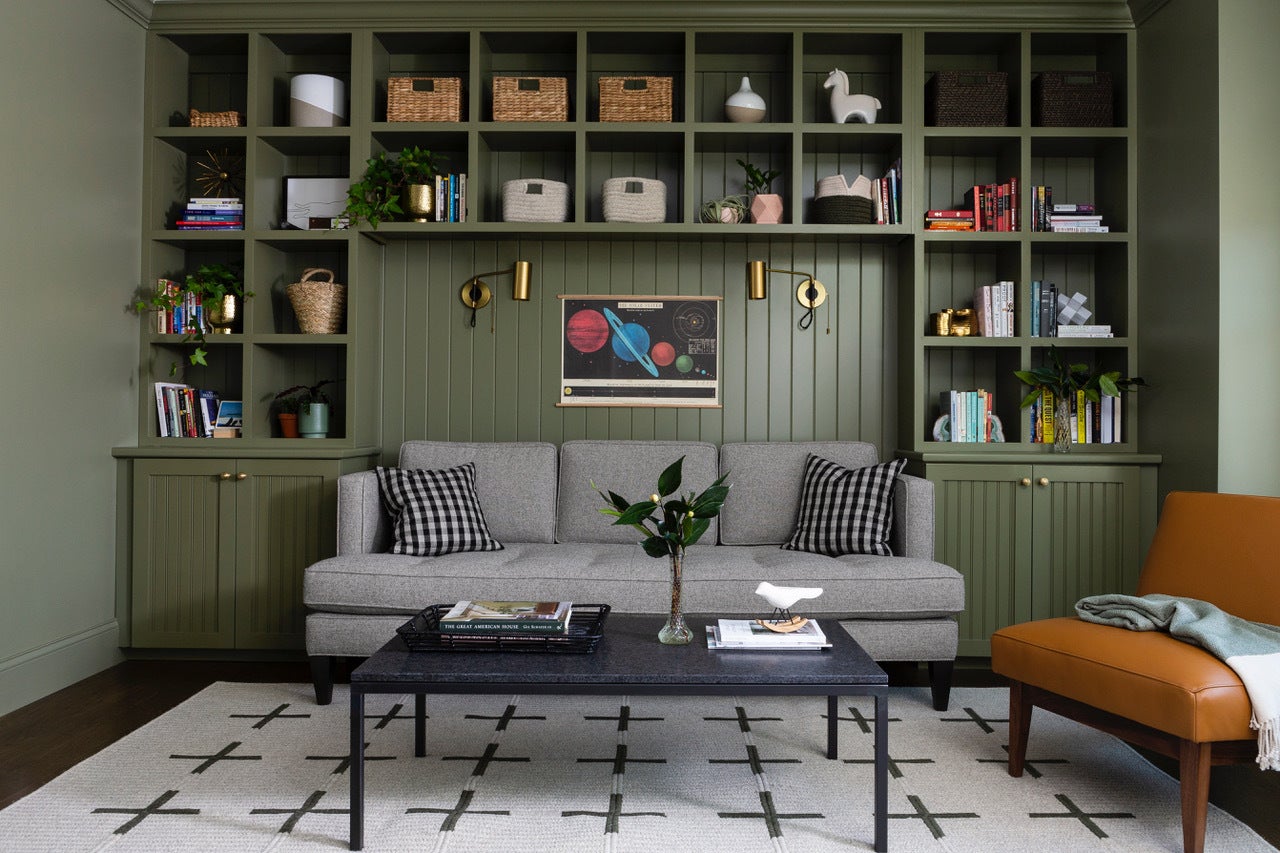While being too busy to take on new work is a great problem to have, when that’s the case, what do you tell potential clients? We asked eight designers—Allison Babcock, Constanza Collarte, Max Humphrey, Mark Lavender, Bella Mancini, Yuna Megre, Tina Ramchandani and Phillip Thomas—if they offer a waitlist.
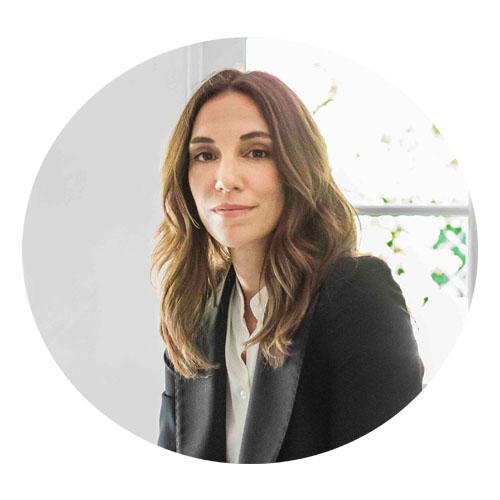
Stagger instead of wait-listing
“I’ve never been keen on the idea of a waitlist, as clients want to know that their project is something our design team is eager to work on. That said, you do need to have a system in place to deal with a surge of projects. If we click with a potential client, we will move forward with the contract but push back the start date. We stagger our project timelines and present deliverables every four weeks. This allows us to move out of our last signed project’s first phase before starting a new one. I wouldn’t want to make anyone wait to have an experience that fell short—and by the same token, I wouldn’t want to hold off on a project that we are thrilled to work on.” —Constanza Collarte, Collarte Interiors, Miami
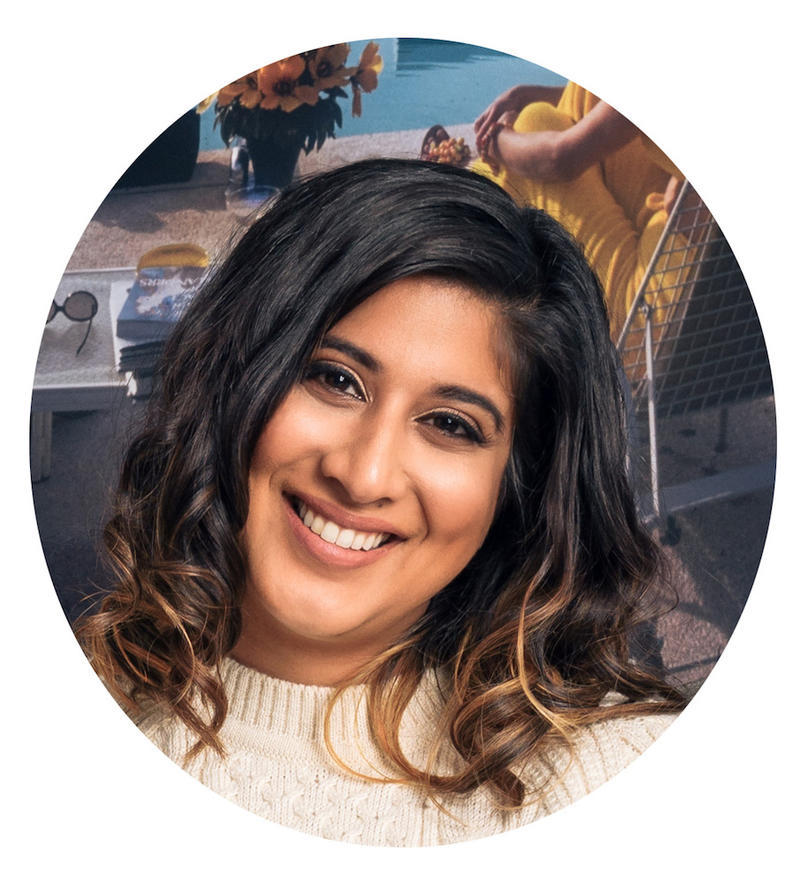
Plan for the future
“Clients contact us during all phases of their design search; when we have our initial conversation, I ask about their intended start date and let them know our availability at the time. Not every client needs to start right away, so while we don't have an official waitlist, we do share our tentative start dates. We also plan our meeting dates at the beginning of the project, which helps us plan future start dates for new projects.” —Tina Ramchandani, Tina Ramchandani Creative, New York

Excitement Is key
“Since starting my own design firm, I’ve been convinced the world will end or the economy will collapse and I’ll have to go back to some normal day job working for the man, so I almost never turn work away. If I’m excited about the project and click with the clients, I make it happen. One thing I’ve learned from years of project management in other careers before becoming a designer is prioritization. Even if I’m overwhelmed with work, I can usually figure out who needs what immediately and which clients can chill out a bit until it’s their turn. On the other hand, if I get a new client request and I’m not stoked about it, I’ll tell them I have a long waitlist—but that’s just my passive-aggressive way of turning a project down without actually having to turn it down. Karma is a bitch, and I have it in my head that if I straight-up say no to a new client, it will come back to haunt me.” —Max Humphrey, Portland, Oregon
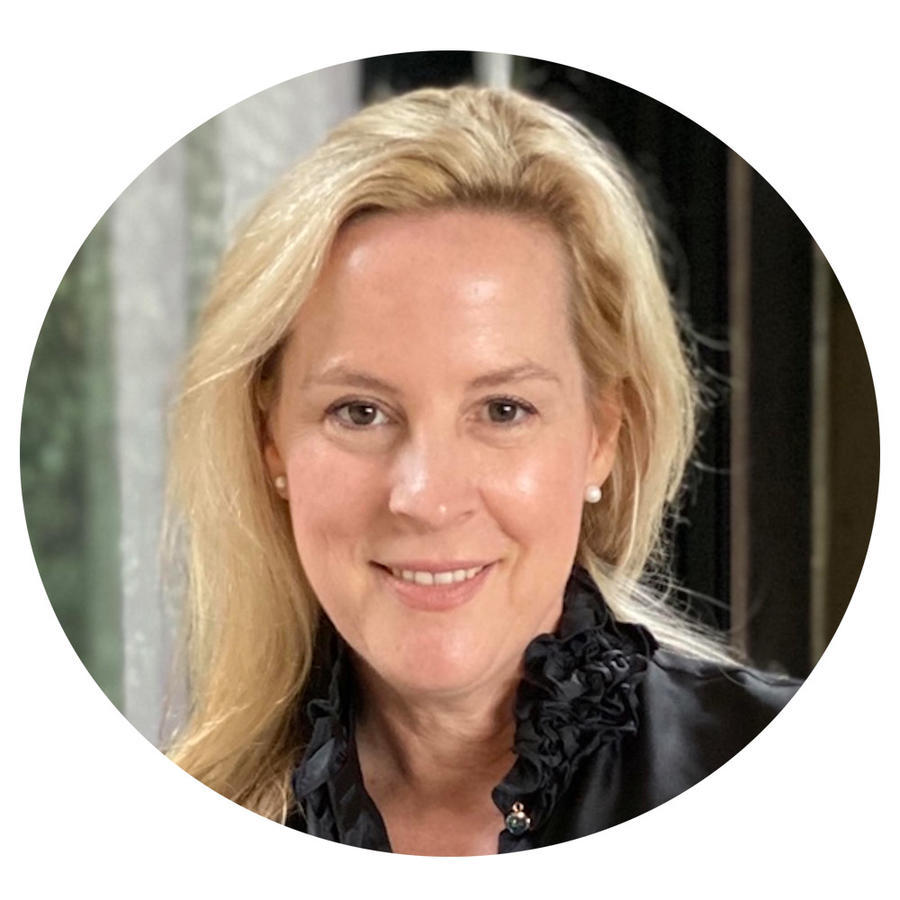
Case by case
“Sometimes I'll offer a waitlist, or if I’m really interested in a project, I'll tell the prospective client that I would love to work with them but wouldn’t be able to start for a couple of months. If they’re open to waiting, I’m always more than happy to work with them, but lately I’ve found that no one is willing to wait on anything. When I really have too much going on, or if I’m not interested in the project, I’ll say I’m not taking on anything new right now, but might refer the client to someone else in the area.” —Allison Babcock, Allison Babcock Design, Sag Harbor, New York

Make it work
“I’ve never done a waitlist. If I’m interested in pursuing a project, I make it happen—even though sometimes that means working into further exhaustion! I never turn away clients, but I’m very honest about the budget and timeline to make sure we’re on the same page before I commit.” —Phillip Thomas, Phillip Thomas Inc., New York

What’s best for them
“It depends. The factors we consider are not only availability and resources, but also if the project is a fit between our brand and theirs. If we know that the client and their concept needs our specific set of skills and approach, then we advise them to wait. If not, we refer them elsewhere, even if we have the resources available. Being client-oriented concept creators is at the core of our philosophy. There is no place for jealousy and ego in that paradigm.” —Yuna Megre, Megre Interiors, Los Angeles and Moscow

they’ll wait
“Typically, we are able to adjust our schedules to add clients. However, over the past year, we have experienced such an increase in workload that we have begun to offer to waitlist some of our returning clients. We have found that by explaining our current workload and offering a realistic start date, most clients will choose to wait for us and we do our best to make sure that start date happens. In the rare instance a client is not willing to wait, we will typically refer them to another designer. This works out well for us and the other designer, and there are times when another designer will return the favor.” —Mark Lavender, M. Lavender Interiors, Winnetka, Illinois
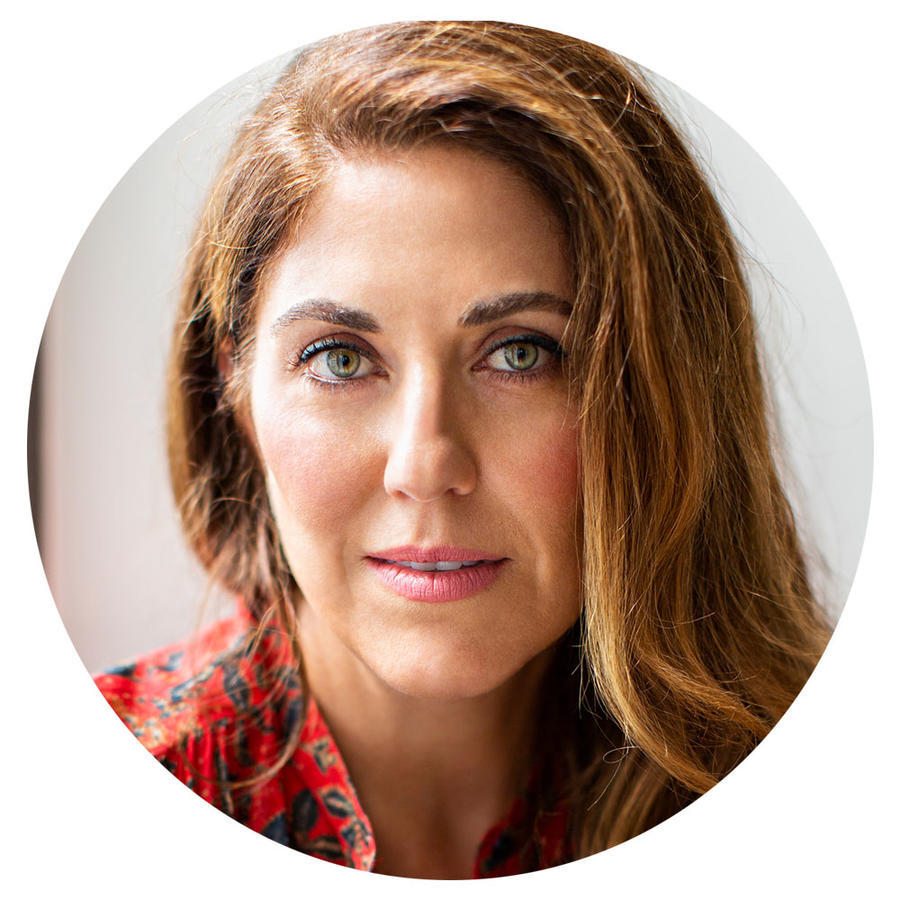
Never say no
“Generally speaking, I only turn down clients for two reasons—either their scope or budget don’t meet my minimum, or I don’t think they are a good fit. That can be for a variety of reasons and I have a few red flag indicators in place. We don’t have a waitlist, because if it’s a good-fit client with a healthy budget, I would never say no! You can always staff up if need be.” —Bella Mancini, Bella Mancini Design, New York
Homepage photo: Courtesy of Max Humphrey
















